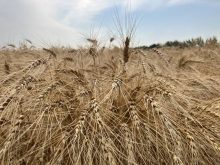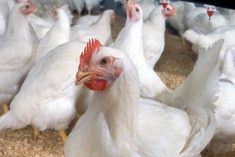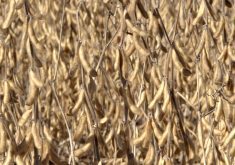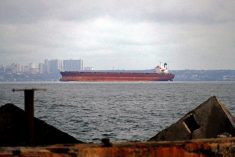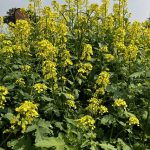Paris | Reuters — France will ensure that a decision by health and safety agency ANSES to ban the use of a pesticide in direct contact with grains does not hamper its exports outside the European Union, its trade and agriculture ministers told Parliament on Tuesday.
In late October ANSES cleared the use of phosphine tablets used for killing pests though fumigation, but said they could not be “in direct contact with cereals,” thereby threatening exports to markets that require the process, including Algeria, Egypt and Morocco.
Read Also

U.S. grains: Chicago grain prices fall amid profit-taking and dollar rebound
Chicago | Reuters – Chicago corn, soybean and wheat futures fell on Friday, pressured by profit-taking and a rebound in…
“There is nothing to worry about for exports, these will continue. It’s good for our exporters, it’s good for food security of these (importing) countries,” Trade Minister Olivier Becht said, adding that steps would be taken by April 25 when the ANSES decision takes effect.
France intends to refer to an EU regulation that says that maximum residue limits for pesticides do not apply to non-EU country exports if it is possible to demonstrate that the treatments are required or accepted, Becht said.
France will act at the request of importing countries that require the molecule, Agriculture Minister Marc Fesneau told Parliament.
He said that EU countries including Germany and Bulgaria were also using the pesticide on grain exports to Algeria.
If inhaled in large doses, phosphine can cause respiratory, neurological and gastrointestinal disorders.
The questions in Parliament followed a weekend report by l’Opinion newspaper that said French grain exports would come to a halt from April 25.
With the deadline looming, French grain producers had called for a swift response from the government.
“We are depriving ourselves of a quarter of the outlets for French cereals,” Eric Thirouin, head of French grain growers group AGPB, told Reuters.
Russia, the world’s largest wheat exporter, will be the main beneficiary if the ban is confirmed, Thirouin added.
Exports put at risk by the ANSES decision amount to about four billion euros (C$5.91 billion) in trade surplus, compared with a total grain trade surplus of about 11 billion euros last year, he said.
Canada allows the use of phosphine and similar fumigants in stored commodities, but a 2015 re-evaluation by Health Canada’s Pest Management Regulatory Agency has required buffer zones of at least 50 metres between treated storage and spaces occupied by people or livestock.
Canada’s buffer zone rules, in place since July 2016, also apply to stored commodities on ships while in port and fumigated rail cars parked at terminals or during “prolonged stops” en route.
— Reporting for Reuters by Sybille de La Hamaide and Gus Trompiz. Includes files from Glacier FarmMedia Network staff.



